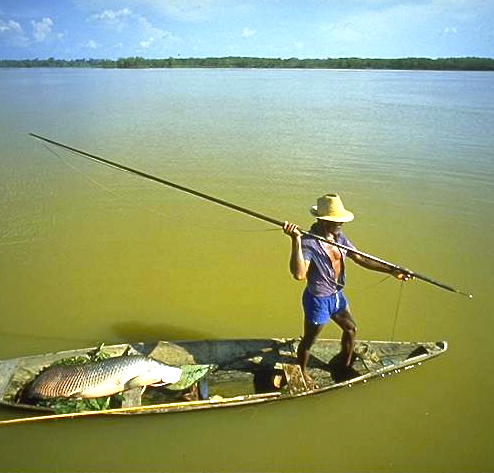Our program focuses on the ecology and conservation of fish and fisheries in relation to global change processes, with particular attention to tropical regions. Key topics of investigation are the impacts on fisheries caused by overfishing, pollution, hydrological alteration, and land cover change.
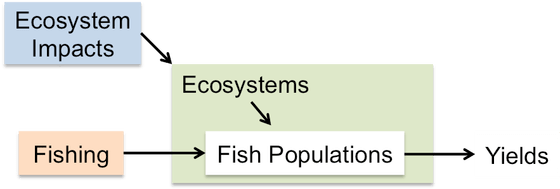
Unlike programs based on specific topics, our program focuses on a broad range of fishery problems, seeking to identify research questions for which the answers have the potential to improve the state of affairs for fish resources and fishing communities. This goal is achieved by pursuing questions that can influence policy and adopting an interdisciplinary approach. Our research on fish and fisheries ecology and management often includes humans, adopts an ecosystem-based perspective, and makes use of various approaches from fields other than fish biology and fisheries science, including ethnobiology, resource governance, and policy analysis, among others.
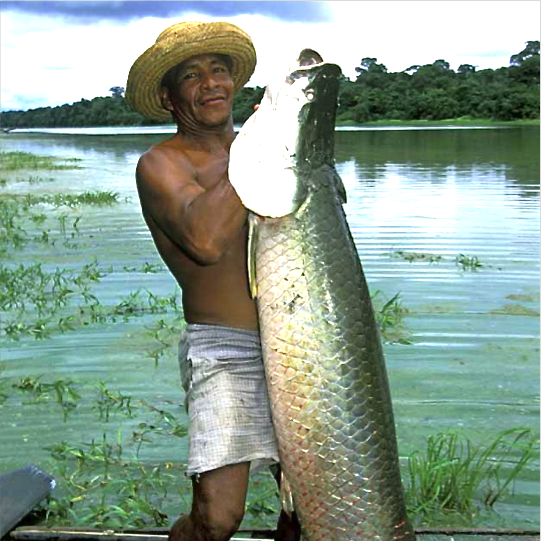
Ecology of Arapaima spp.
Arapaima spp. are giant, obligate air-breathing fishes of high economic value in the Amazon Basin. Lack of studies, poor management, and intense fishing pressure have led to widespread overexploitation of arapaima, making it necessary to better understand their biology and ecology in order to promote their conservation.
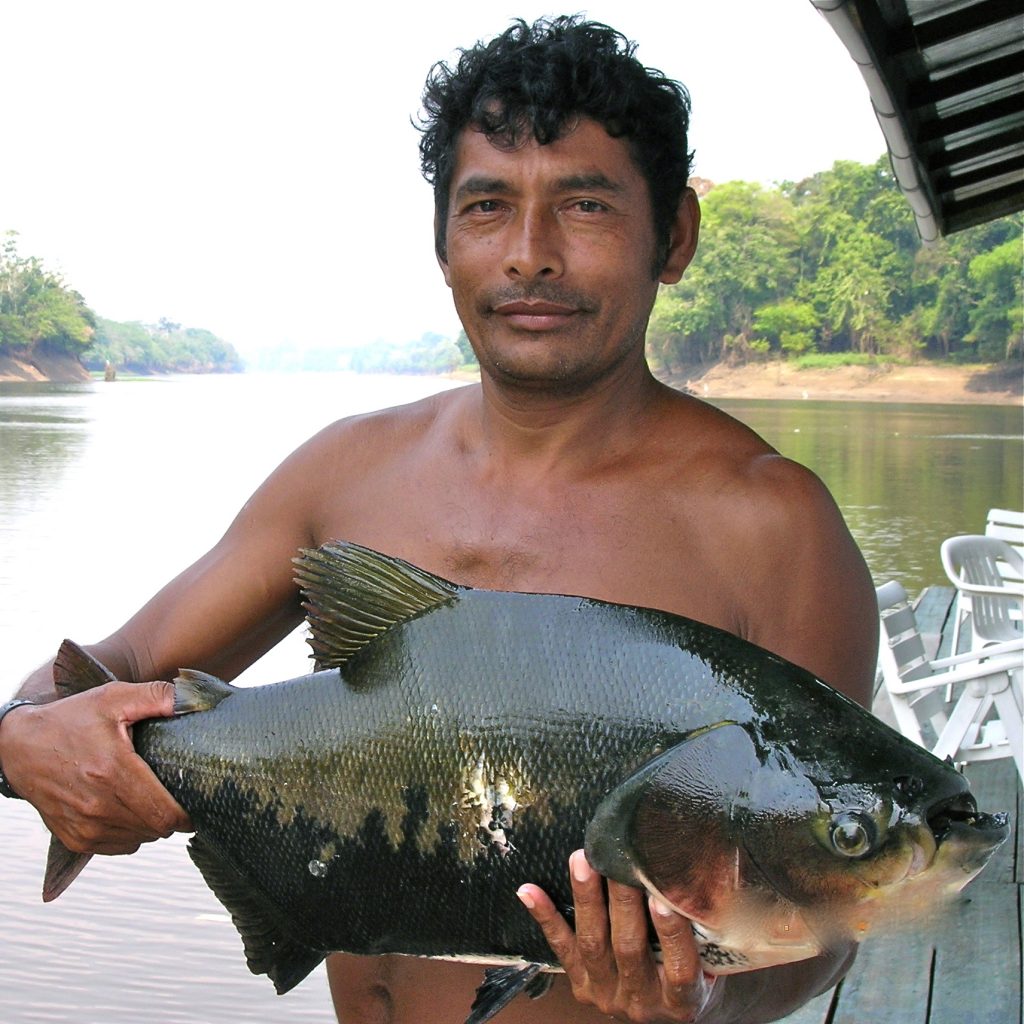
Resource Status
Fish resources worldwide are under growing pressures. Although the status of fish resources is well-studied in the temperate developed world, they are under-studied in the tropical developing world, where data scarcity, species diversity, and the fastest growing pressures often require alternative assessment approaches.
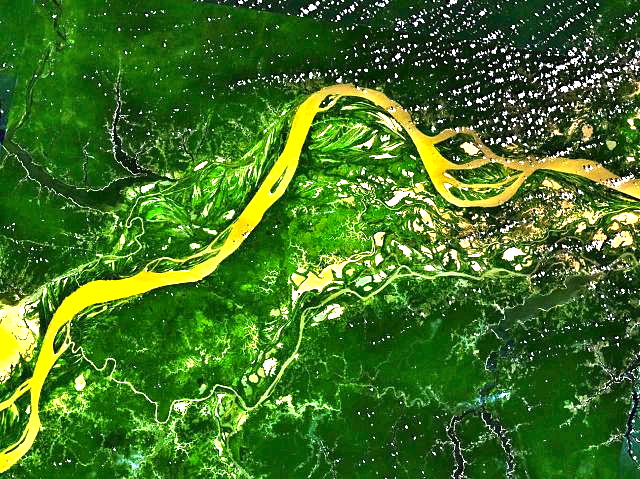
Habitat Alteration
Freshwater ecosystems are among the most altered systems on earth. Widespread changes in the hydrology and vegetation cover of freshwater ecosystems are known to influence fish communities, but their impacts on fisheries production remain uncertain.
